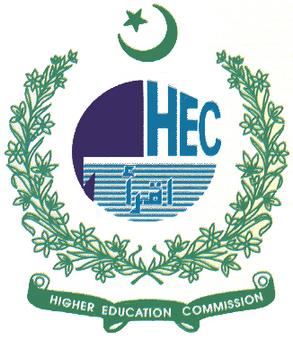Digitizing the Divine: How Technology Reshapes Access to Spiritual Knowledge and Challenges Traditional Embodied Practices in Pakistan
Keywords:
Keywords: Digital infrastructure, Sufism, technology, algorithmic tools, Silsilah, hybrid models, Sufi epistemology.Abstract
Spiritual knowledge through technology is exclusively shaping people’s lives and playing a key role in enriching the values and ethics across the globe, including Pakistan. This article examines the intersection of digital infrastructure and Sufism in Pakistan, exploring how technology reshapes access to spiritual knowledge while challenging traditional embodied practices. Increasing youth engagement (75% participation in digital Sufi events) and narrowing gender gaps in mobile internet access, algorithmic tools like ChatGPT lack the nuanced mentorship of a Shaykh. While digital platforms democratize Sufi teachings, they risk commodifying spiritual experiences, as transcendent states (Ḥāl) remain tied to physical rituals. Hybrid models, combining online outreach with in-person guidance, emerge as a viable solution, balancing scalable access with the sanctity of Silsilah (Spiritual lineage). Notably, Pakistan’s digital divide, with only 21% rural internet access compared to 55% urban, further complicates equitable participation in digital Sufism, exacerbating existing socio-spiritual hierarchies. This study highlights tensions between technological inclusion and the preservation of Sufi epistemology in Pakistan’s evolving digital landscape.









